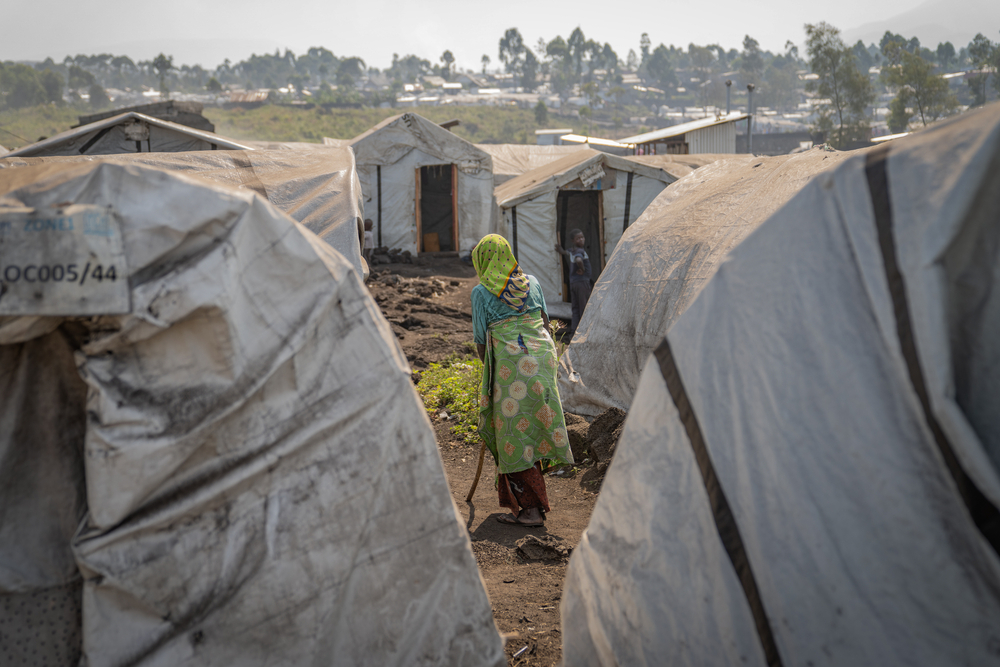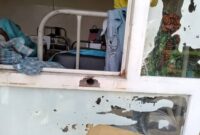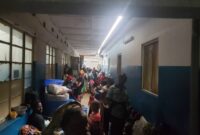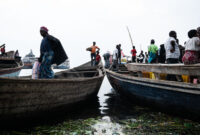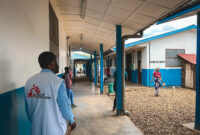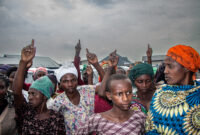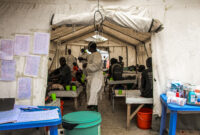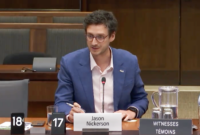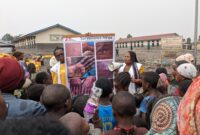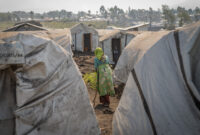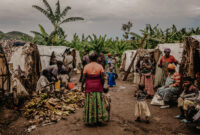DRC : “Displaced Lives” 4 women in Goma’s displaced camps
Esther, Rebecca, Tuliya and Daphrose are from the same family. Together, they fled the fighting between the M23 armed group and the Congolese army in North Kivu, a province in the east of the Democratic Republic of Congo (DRC). For the past year and a half, the four women have been living in the Elohim camp in Goma, where Doctors Without Borders/Médecins Sans Frontières (MSF) teams are working. Since 2022, hundreds of thousands of people have been displaced by war and have found refuge in Goma, in overcrowded camps surrounded by front lines. In this four-episode mini-series, they recount their daily lives made of violence, waiting and the hope of return.
In 2024, the city of Goma gradually found itself surrounded by several front lines. More than 600,000 displaced people and two million inhabitants now live in a small territory. Since the beginning of the year, MSF teams have repeatedly witnessed crossfire and rocket explosions inside the camps, day and night.
The concentration of armed men in and around the camps, and the closeness of the front lines, has led to a general increase in the level of violence. Civilians are caught in the crossfire between different armed groups, wounded or killed in the crossfire, victims of crime and sexual violence.
A new survey conducted by Epicentre, MSF’s medical epidemiology and research institute, among 2,105 displaced families in four camps around Goma has revealed the daily frequency and alarming levels of violence, particularly sexual violence, that persist in and around the camps. More than one in 10 young women reported having been raped during the period covered by the survey, between November 2023 and April 2024.
